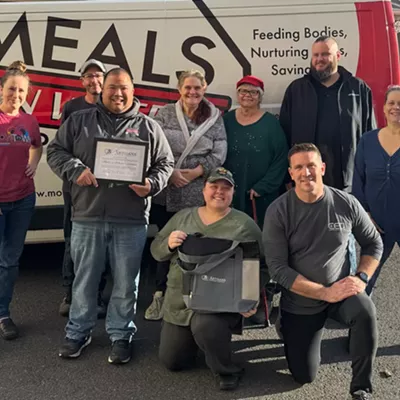Awhooping cough vaccine, that is. B. pertussis is the bacteria responsible for causing this wretched illness. Lasting up to a hundred days, sufferers move through numerous stages from bad to even worse, marked by episodes of severe coughing that can cause them to vomit, pass out or even break a rib.
Thousands of cases are diagnosed each year in the United States, yet experts suggest there may be hundreds of thousands, if not millions of cases that go undiagnosed. These undiagnosed cases are mostly adolescents and adults with "a cough I just can't kick," who may not have even known they had the disease.
Infants are hit harder if they contract whooping cough, or pertussis, as they may have difficulties with eating and getting enough oxygen. More than 90 percent of deaths from pertussis are in infants under 2 months of age who are too young to get the first vaccine.
It has become apparent that one of the best strategies for protecting these little ones is to surround them with vaccinated people, because in about 80 percent of infant cases, the person who gave the baby pertussis was a family member.
Unfortunately, the Tdap vaccine does not give lifelong protection; in fact, someone who has had pertussis can get it again just four to five years later. The current acellular form of the vaccine is also not as effective as the form used in the 1950s. Fortunately, recent evidence has shown that having pregnant women receive a Tdap booster with every pregnancy, given between 28 and 36 weeks of gestation, can reduce the rate of infant infection. The fetus is able to get what could be best described as a trans-placental vaccination, reducing the likelihood of contracting pertussis during the most vulnerable newborn period.
So ladies: If not offered, please request that your OB give you a Tdap in your third trimester — you just might save your baby's life, before they're even born.
















